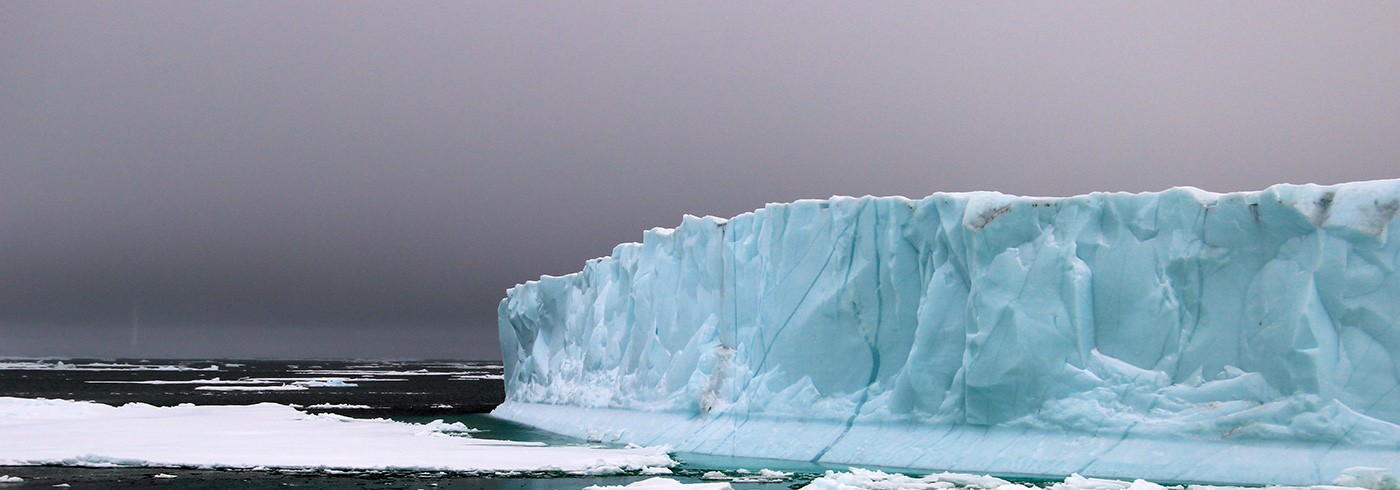The expedition was part of the research programme GEOTRACES, an international study of the marine biogeochemical cycles of trace element and their isotopes.
The dynamics of trace metal biogeochemistry in the Arctic Ocean
The biogeochemistry of the Arctic Ocean is expected to undergo dramatic transformations due to climate change. This may lead to equally rapid changes in geochemical processes in the vast and shallow Arctic shelf seas and at sea-ice margins, which could affect ocean biogeochemical cycles on a larger scale all across the Arctic.
The overall purpose of the research project is to understand the behaviour and distribution of trace elements in the Arctic Ocean, building upon previous studies and other results obtained during the International Polar Year 2007–2008.
Swedish principal investigator
Per Andersson
Swedish Museum of Natural History
Participating researcher
Sandra Gdaniec
Swedish Museum of Natural History
Fluxes of carbon dioxide and net community production in a changing Arctic Ocean
The Arctic carbon cycle is a key component of the ocean and, by virtue of its interaction with atmospheric carbon dioxide (CO2), of fundamental importance to the Earth’s climate. The Arctic Ocean is a system in rapid transition under the influence of natural and anthropogenic processes, and changes will likely have both environmental and socio-economic impact, with important ramifications in subpolar regions.
It is unclear whether the Arctic Ocean, under summer ice-free conditions, will be a sink or source of CO2. The outcome will depend on the future changes in primary and carbon export production, and the response may vary by region. The goal of this project is to increase our understanding of the feedbacks among the physical and biogeochemical components of the carbon system in an Arctic Ocean with rapid decline in summer sea ice extent and warming of its surface waters.
The project focuses on the spatial variability of CO2 fluxes and net community production by employing novel high-resolution methods.
Researcher
Adam Ulfsbo
Department of Marine Sciences, University of Gothenburg
Chief Scientist
Prof. Dr. Ursula Schauer
Alfred Wegener Institute, Germany

